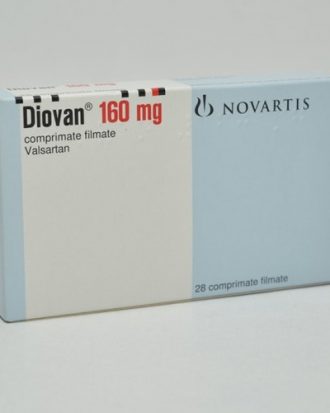Subtotal: ৳ 35.00
Valex (Tab) 200mg
৳ 3.00
Indications
Sodium Valproate is indicated for –
- Epilepsy: All types of epilepsy such as Absence seizure, Myoclonic seizure, Tonic-clonic seizure, Atonic, Mixed, simple or generalized, Secondary generalized seizure etc.
- Mania: For the treatment of manic episodes of bipolar disorders.
- Other: As an alternative treatment for febrile convulsion & migraine prophylaxis.
Therapeutic Class
Primary anti-epileptic drugs
Pharmacology
Sodium Valproate shows antiepileptic properties in various types of seizures. The exact mechanism of Sodium Valproate is not yet established. However it is suggested that its activity is related to increased brain levels of Gama Amino Butyric Acid (GABA).
Dosage & Administration
Adults:
- Initial: 600 mg/ day in 2 divided doses, preferably after food. Dose may be increased by 200 mg/day at 3 days interval to a maximum of 2.5 gm daily in divided doses until control of seizure is achieved.
- Maintenance dose:Usually 1-2 gm daily (20-30 mg/ kg daily).
Children (up to 20 kg):
- Initial: 20 mg/kg daily in divided doses. Dose may be increased in severe cases with proper monitoring of plasma concentration.
Children (over 20 kg):
- Initial: 400 mg/ day (irrespective of weight). Dose may be increased by 20-30 mg/ kg if required to achieve control.
Interaction
Sodium Valproate is a non specific inhibitor of drug metabolism. Phenobarbital, Phenytoin, Warfarin, Aspirin etc. interacts with Sodium Valproate.
Contraindications
Sodium Valproate is contra-indicated in patients with known hypersensitivity of Sodium Valproate, personal or family history of severe active liver disease, hepatic dysfunction, porphyria and known urea cycle disorder.
Side Effects
Gastric irritation, nausea, ataxia & tremor; hyperammonaemia, increased appetite & weight gain; transient hair loss, oedema, thrombocytopenia, and inhibition of platelet aggregation, impaired hepatic function leading rarely to fetal hepatic failure; rashes; sedation; rarely lethargy and confusion and also increased alertness; rarely pancreatitis, leucopenia, pancytopenia, red cell hypoplasia, fibrinogen reduction; irregular periods, amenorrhoea, gynaecomastia, toxic epidermal necrolysis, hearing loss, Fancoli’s syndrome, dementia, Steven’s-Johnson syndrome, and vasculitis have also been reported.
Pregnancy & Lactation
Sodium Valproate crosses the placenta in humans which may lead to neural tube defects such as anencephaly and spina bifida if exposed in the first trimester. Sodium Valproate may excrete in breast milk. So treatment with Sodium Valproate may cause harm to new born baby.
Precautions & Warnings
Liver function should be monitored before therapy and during first six months, especially in those patients who seem most at risk. Blood tests are recommended before surgery. Renal impaired patients, pregnant and brest feeding mother should be specially cared. Valproate is eliminated mainly through the kidney, partly in the form of ketone bodies which may lead to false statement in urine ketone test. Sudden withdrawal of therapy should be avoided
Storage Conditions
Store below 30° C, protected from light. Keep all medicines out of the reach of children.

 Carex Classic Condoms | 3 pieces
Carex Classic Condoms | 3 pieces 



Reviews
There are no reviews yet.